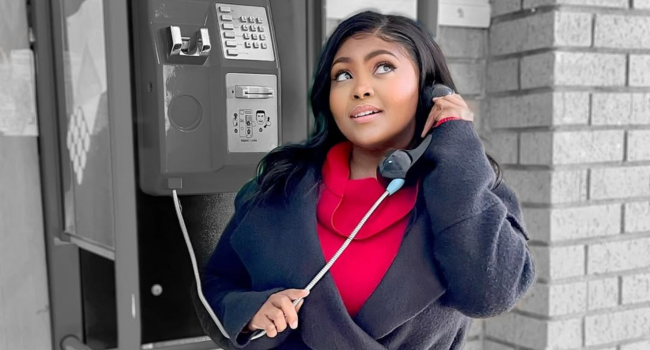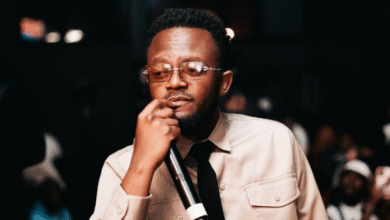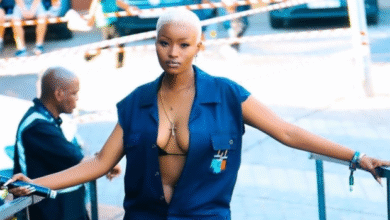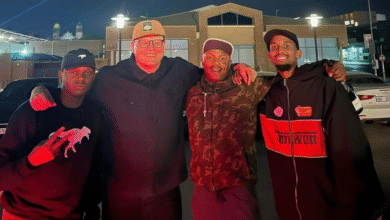“Mayibabo” Vocalist Itumeleng Bokaba Speaks Out After Nota’s Protection Order Falls

“Mayibabo” Vocalist Itumeleng Bokaba Speaks Out After Nota’s Protection Order Falls. South African actress and singer Itumeleng Bokaba has broken her silence following a major legal development in her high-profile battle with music industry figure Nota Baloyi.

In a powerful and introspective public statement, Bokaba confirmed that the protection order filed against her by Baloyi has officially been withdrawn — a moment she says marks not just a legal turning point, but a reclaiming of her peace.
The legal conflict between the two has unfolded dramatically in public since September 2024, when Bokaba filed a rape case against Baloyi at the Douglasdale Police Station, accusing him of sexual assault. Baloyi, in turn, denied the allegations, claimed their interaction was consensual, and filed a counter-protection order, alleging harassment and extortion.
“This hasn’t just been a legal process,” Bokaba wrote in her statement, “It has been a public trial by opinion. One I was dragged into, not one I chose. And still, I showed up. I faced the noise, the bullying, the humiliation. I kept going.”
Despite the withdrawn protection order against her, the “Mayibabo” vocalist made it clear that her protection order against Baloyi remains firmly in place, not out of vengeance, but out of necessity. “I have the right to feel safe. To live. To heal,” she wrote.
The gravity of Bokaba’s original allegations and the counterclaims by Baloyi turned the case into a national talking point. In October 2024, Baloyi turned himself in at the Randburg Police Station and was released on R5,000 bail following a brief appearance at the Randburg Magistrate’s Court.
In November, the matter intensified further when Baloyi was arrested again, this time for contempt of court in a separate legal issue involving rapper K.O., while attending a hearing related to Bokaba’s rape case. He was briefly detained at Johannesburg Prison (Sun City) before being released on parole.
Amid the legal saga, an additional layer emerged: a financial dispute involving the hit song “Mayibabo” by Kwesta. Bokaba alleged that she received a mere 59 cents in royalties, sparking questions about exploitation and ownership in the South African music industry.
Today, with part of the legal entanglement behind her, Bokaba is not asking for sympathy or applause — she is calling for clarity. “When I withdrew from a previous legal process, some people used that moment to paint me as dishonest, as if stepping back was a confession of guilt,” she said. “Will the same logic be applied now? Or does truth only matter when it confirms their bias?”
Her words speak to a broader culture of victim-blaming and societal inconsistency in how truth is treated, especially when women come forward with painful stories. She closes her statement not with defiance, but with grace. “I’m reclaiming my peace, not through revenge, but through release.”




